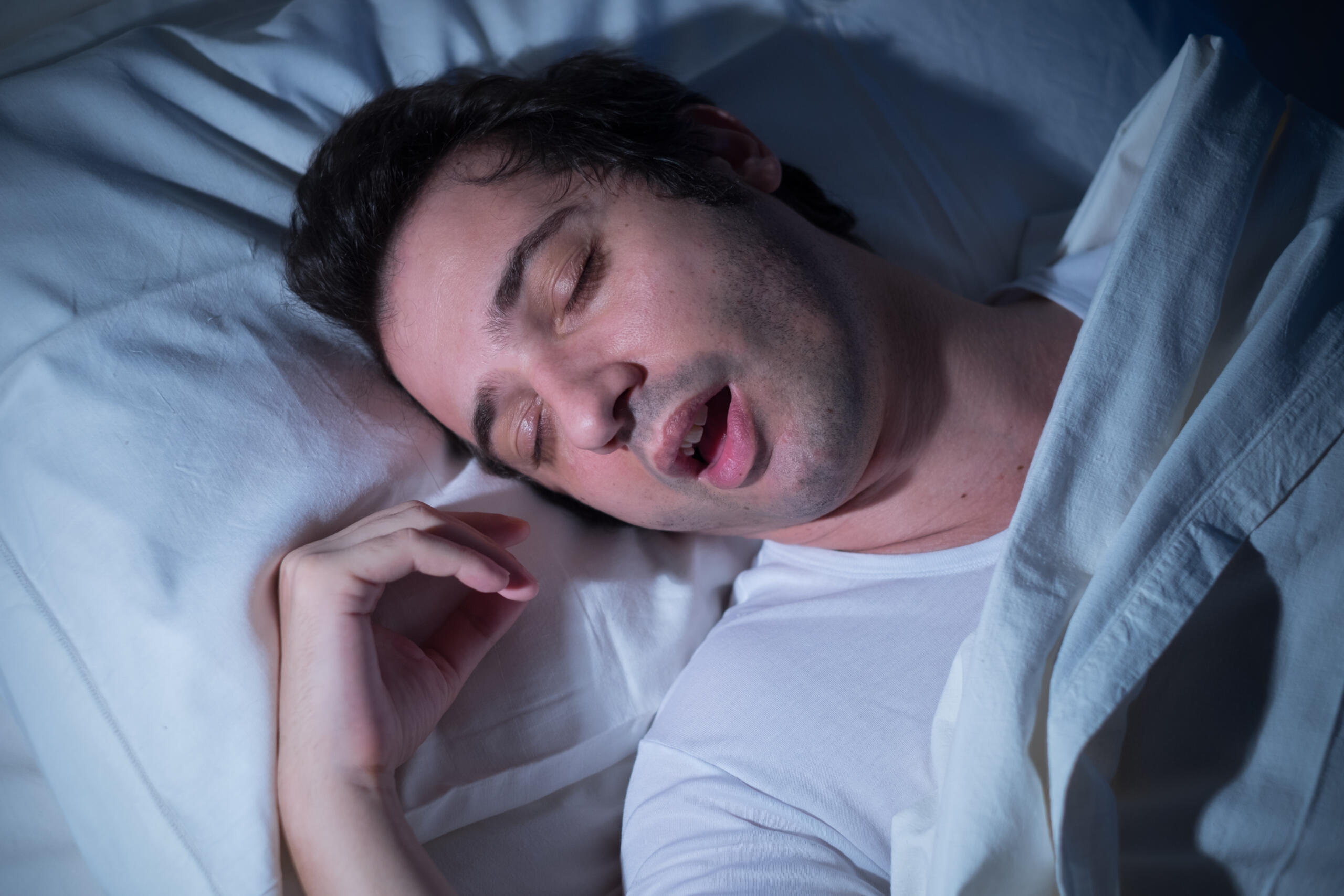Sleep apnea is a common and serious condition. 25 percent of men and 10 percent of women have sleep apnea, and this health condition can affect people of all ages. However, once you’ve been diagnosed with sleep apnea, the most common treatment option is using a CPAP machine while you sleep. But what if this treatment option isn’t one that works for you? What if it’s more disruptive to your sleep? You can search online to discover treatment alternatives to the CPAP machine.
Though the CPAP machine works well for many sleep apnea sufferers, it isn’t a one-size-fits-all solution for everyone. Sometimes, you need a CPAP machine in addition to other treatment options; it varies from individual to individual. If you’re looking for treatment alternatives, search online to find more options.
The following are some of the most common alternatives to using a CPAP machine for sleep apnea.
Home Remedies
In some cases, home remedies – or lifestyle changes – may be able to help with sleep apnea. These treatment options don’t require medical intervention, and they can be relatively easy to practice and implement on your own.
Yoga
Regular exercise is a good idea for absolutely everyone. However, it can be particularly important for those with sleep apnea. That’s because getting regular exercise increases your energy level, improves your respiratory strength, gets oxygen flowing, and can even improve sleep apnea.
When you have sleep apnea, there’s decreased oxygen saturation in your blood. Yoga in particular can help with this, as it’s a form of exercise that uses breathing exercises. Practicing yoga may ultimately help reduce the number of times you’re interrupted while sleeping.
Change Your Sleeping Position
It’s true: something as simple and small as changing the way you sleep may be able to reduce sleep apnea symptoms. You could get a better night’s sleep if you sleep on your side instead of your back.
According to a 2006 research study, more than half of obstructive sleep apnea cases are actually dependent on sleeping position. When study participants began sleeping on their sides instead of their backs, it helped their breathing return to normal.
Use a Humidifier
Humidifiers can be a handy addition to the bedroom if you’re living with sleep apnea. Dry air can cause irritation throughout the body, particularly in the respiratory system. A humidifier adds moisture to the air, relieving dryness.
So, when you use a humidifier, the added moisture may be able to open your airways, lessen congestion, and help you breathe more easily.
Stop Smoking and Drinking Alcohol
Smoking and drinking alcohol are two very unhealthy habits. You can improve your health and well-being by quitting both – especially if you have sleep apnea.
Alcohol relaxes the muscles in your throat that control your breathing. So, when you drink, you can experience increased snoring and more interruptions while sleeping. You can also wind up with inflammation in the airways, which can wind up blocking airflow.
Smoking has similar dangerous effects. Tobacco can make the airways swollen and inflamed, which leads to increased snoring and more sleep apnea issues. In 2012, a research study even identified smoking as a risk factor for sleep apnea – meaning you may have even developed sleep apnea because you smoke.
No matter which home remedies you try, make sure to run them by a doctor first to make sure they’re safe for you. You can search online to find doctors who specialize in sleep apnea and its treatment options.
Mouth Devices
Another alternative to a CPAP machine is the use of mouth devices. These devices, which are called mandibular advancing devices (MADs), are oral accessories that look a bit like sports mouth guards and snoring mouthpieces.
MADs are designed by sleep apnea dentists. The devices are used to move the jaw forward, opening the airway so you can sleep comfortably and without interruptions. Made out plastic or silicone, these devices are typically a simple and affordable option.
Just make sure to talk with a dentist or doctor before getting a MAD. These devices can affect your teeth and your temporomandibular joint, which can cause unexpected side effects. You can search online to find doctors and sleep apnea dentists in your area with the right expertise.
Surgery
Another treatment option is surgery. There are a number of different surgical procedures that may be able to reduce or completely eliminate your sleep apnea.
Surgery typically targets the soft palate or parts of the breathing passes, like the tongue. The goal is to target any obstruction or blockages that cause you to stop breathing while you’re sleeping.
The following are some of the surgeries that are typically performed on those with sleep apnea:
- Soft palate procedures
- Hypopharyngeal procedures
- Jaw advancement surgery
- Hypoglossal nerve stimulation
- Pillar procedure
Ask your doctor if any of these surgeries may be able to solve your problem and eliminate your sleep apnea altogether.
Find a Sleep Apnea Treatment That Works for You
Living with sleep apnea can be a lifelong frustration. Every night, you’ll deal with airway blockages that interrupt your sleep. And for some people, a CPAP machine simply isn’t the answer or the right solution.
Fortunately, there are alternative treatment options beyond a CPAP machine. You simply need to talk with your doctor, or find a doctor who can recommend different treatment options. To find a doctor in your area, search online. You can even search for specialists who deal with sleep apnea and its treatments every day.
